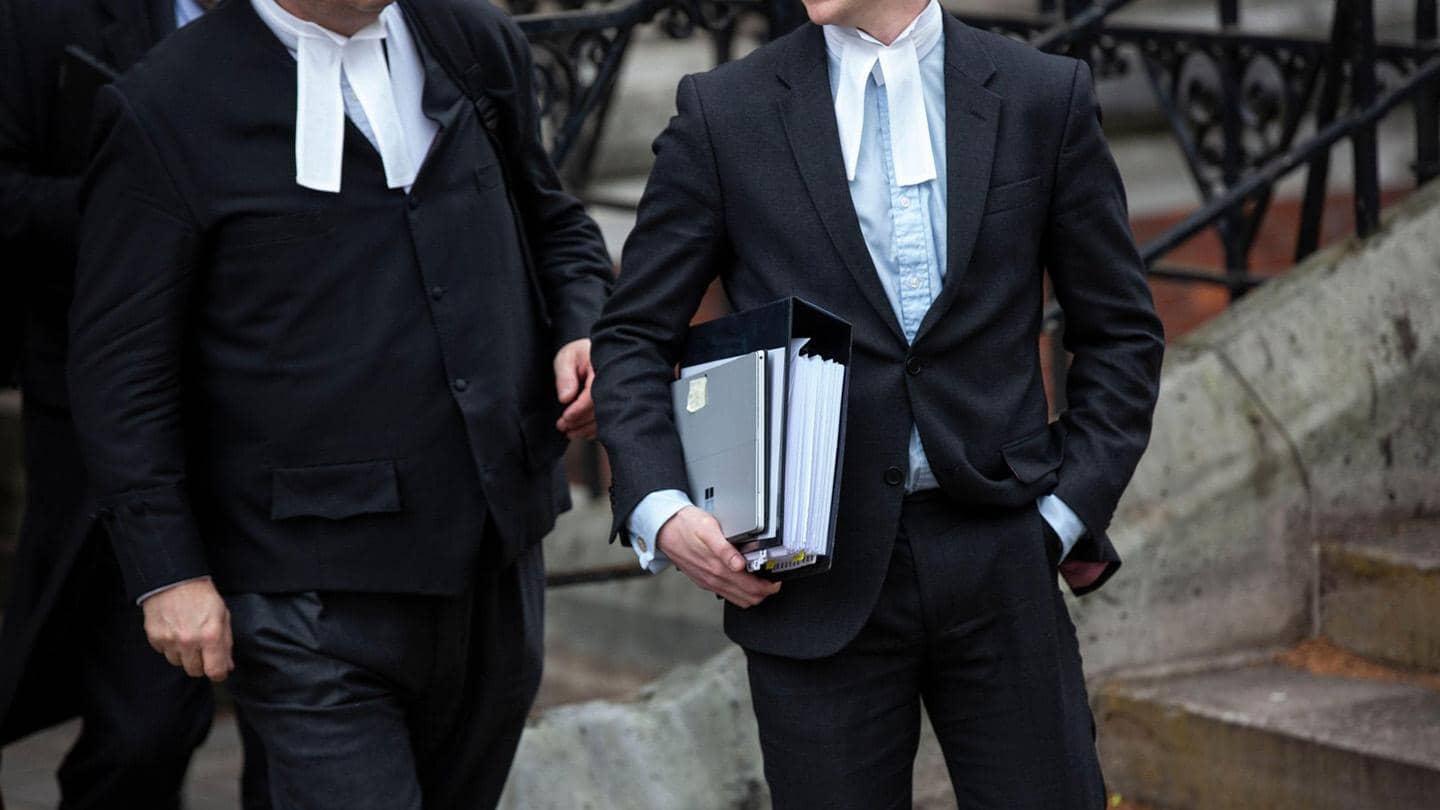
Innovation
Barclays and the law: innovating a centuries-old industry
The way we interact with the law has barely changed since Dickens’ day. Here Chris Grant, Lawtech Director at Barclays Ventures, explains why the bank is backing legal disruptors to help the industry thrive.
Law touches every aspect of our lives. From governing our living arrangements and how we can use our property, to the purchases we make in-store or online.
However, argues Chris Grant, Lawtech Director at Barclays Ventures, the highly traditional sector has faced very little disruptive innovation.
“The legal industry hasn’t caught up with the 21st century. Its ways of working are out-dated and the lack of new tech can make it inaccessible. Innovation is long overdue.”
He argues that the recent emergence of lawtech – technology that supports, supplements or replaces traditional approaches – has the potential to “accelerate modernisation” by making legal systems “cheaper, smarter, faster and less daunting to outsiders”.
Using its expertise and financial backing to support innovative disruptors in the sector and champion greater adoption of new technology, Barclays is investing in the future of the industry, says Grant.
Shaking up a centuries-old industry
Interest in lawtech is on the rise. “Before the COVID-19 outbreak there had been an explosion in lawtech growth and investment – but the pandemic has accelerated that trend,” explains Grant. “Home working makes people realise how much we need better tech in the legal sector.”

There are startups primed to make a change-resistant industry genuinely smarter and faster about the way it does things, and at a lower cost
Lawtech Director, Barclays Ventures
Law firms like Allen & Overy and Mishcon de Reya have created lawtech innovation labs, while the UK Ministry of Justice is investing millions in research and development.
For its part, says Grant, Barclays is investing in lawtech because “there are startups primed to make a change-resistant industry genuinely smarter and faster about the way it does things, and at a lower cost”. Barclays’ role is to give these startups the backing they need to grow, and help them become a disruptive force across the world. In practice, this means:
Mentoring and investing in startup founders
At a dedicated lawtech Eagle Lab at Notting Hill, London, Barclays’ resident experts provide founders with every aspect of investment and mentorship they could need: from advice on how to strengthen their business proposition; preparation for a new investment round; and how to reach their target market. Crucially, the bank also connects startups with law firms of all sizes, from ‘magic circle’ firms to high street practices, to give them the chance to road test their business ideas in a real-world setting.
Fostering collaboration between the major UK players
The bank holds client relationships – in both directions – with law firms of all sizes. The Notting Hill Lab, for example, holds partnerships with the Law Society, the lawtech events company Legal Geek and established law firms like Clifford Chance, Latham & Watkins and Simmons & Simmons.
From its position “at the nexus of the UK lawtech ecosystem”, says Grant, Barclays can encourage greater dialogue and collaboration between all the main players, and “encourage greater adoption of lawtech across the ecosystem”. “The value of Barclays as a trusted partner is crucial because the major players can be hesitant to change up their playbook,” explains Grant. “If you want them to do things differently, you have to take them on the journey, explore the challenges with them, and work together to find solutions.”
Opening up global markets
To help startups grow their business globally, Barclays has partnered with the UK’s Department for International Trade on trade missions around the world. These expeditions have allowed lawtech founders to take their innovative ideas to countries such as the US, where they can explore opportunities in new markets. The bank also uses its connections with lawtech labs in countries such as Singapore, Canada and Australia, to help startups in those jurisdictions to explore the UK market.

New technology could help make legal systems “cheaper, smarter, faster and less daunting to outsiders”.
We are proud to have facilitated real collaboration in the sector. It just never would have happened before the advent of lawtech – nor without Barclays’ ability to bring everyone together
Lawtech Director, Barclays Ventures
Where next for Barclays and lawtech?
The lawtech sector has already seen the activity of innovative startup founders determined to bring change to a traditional industry – and from the spirit of collaboration among its major players. Grant says Barclays wants to build on that. “As we go forward, we want to help catalyse that change by growing the investment we make in the sector,” he says.
That includes continuing to connect startups and established law firms through the Notting Hill Eagle Lab, to encourage more mutual learning, dialogue and adoption of new tech. In April, for example, the Lab formed cross-industry teams to take part in the FT Global Legal Hackathon, an event that saw global law firms and startups come together to find solutions to challenges the industry was facing as a result of the COVID-19 outbreak. “Our community submitted and worked on over 30 problem statements, and found solutions to long term problems such as the adoption of e-signatures.
“We are proud to have facilitated real collaboration in the sector. It just never would have happened before the advent of lawtech – nor without Barclays’ ability to bring everyone together. By continuing to build insights into such an innovative sector, we hope we can improve the way we use legal systems within our own business – and how we can help our customers and clients.”
The startups making legal advice more accessible for all
Many people don’t know where to start when they encounter legal issues, says Grant. “If your landlord is threatening to evict you from your property, or if you’re in a dispute over child maintenance payments, would you know where to go for advice?” he asks.
This is why there is a strong social value to Barclays’ investment in lawtech, he says, describing the technology’s potential as a “major breakthrough opportunity – we could open up legal information to everyone who needs it.”
LexSnap: Currently based at the Notting Hill Eagle Lab, LexSnap provides people with free answers on questions about family law issues. Its platform uses AI to analyse personal details and legal queries, and then connect users with a lawyer suited to their legal needs.
LegalUtopia: Focused on making legal advice more affordable and accessible, LegalUtopia's platform allows users to get instant legal guidance, and connects them with the most relevant legal services required, at the most competitive prices.